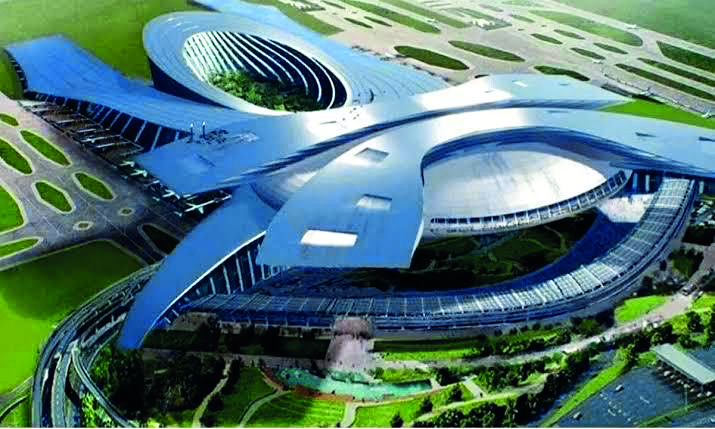Greater Noida: YEIDA decides to set up Japanese and Korean industrial cities
‘Companies from the two countries will set up their electronic manufacturing units in these cities’

The Yamuna Expressway Industrial Authority (YEIDA) has identified two sectors in the Gautam Buddh Nagar district near the upcoming airport to be developed as Japanese and Korean industrial cities.
Officials said that companies from the two countries will set up their electronic manufacturing units in these cities.
According to YEIDA officials, the decision to establish the two cities was taken during meetings with investors from Japan and Korea ahead of the UP Global Investors Summit last year. Since then, several delegations and foreign investors have visited to hold discussions on the projects, said a senior officer.
Arun Vir Singh, Chief Executive Officer (CEO), YEIDA said that the two new cities will be developed in the vicinity of Noida International Airport which is expected to boost these projects in terms of connectivity. “The companies will manufacture electronic products such as AI equipment, chips, cameras, semiconductors and others,” said Singh. “These cities will also have residential areas for Japanese and Korean staffers working in these firms along with hospitals, schools, and other basic amenities within these cities. The state government’s FDI policy, connectivity, and growth aspects in the region have made these companies invest here” Singh added. As per officials, the two cities are expected to be developed for Rs 2,544 crore. The ‘Japanese City’ will come up in Sector 5A off the Yamuna Way, where 395 hectares are being acquired, while ‘Korean City’ will be set up on 365 hectares in Sector 4A which is around 10 km from the Noida International Airport.
Shailendra Bhatia, Officer on Special Duty (OSD) informed that the sectors would have mixed land use. Nearly 70 per cent of the area will be used for industrial purposes and 13 per cent for commercial use. Additionally, 10 per cent of the total land chunks will be allocated to meet residential needs, and 5 per cent for institutional purposes such as hospitals, schools, and colleges. The remaining 2 per cent will be utilised for developing other facilities



